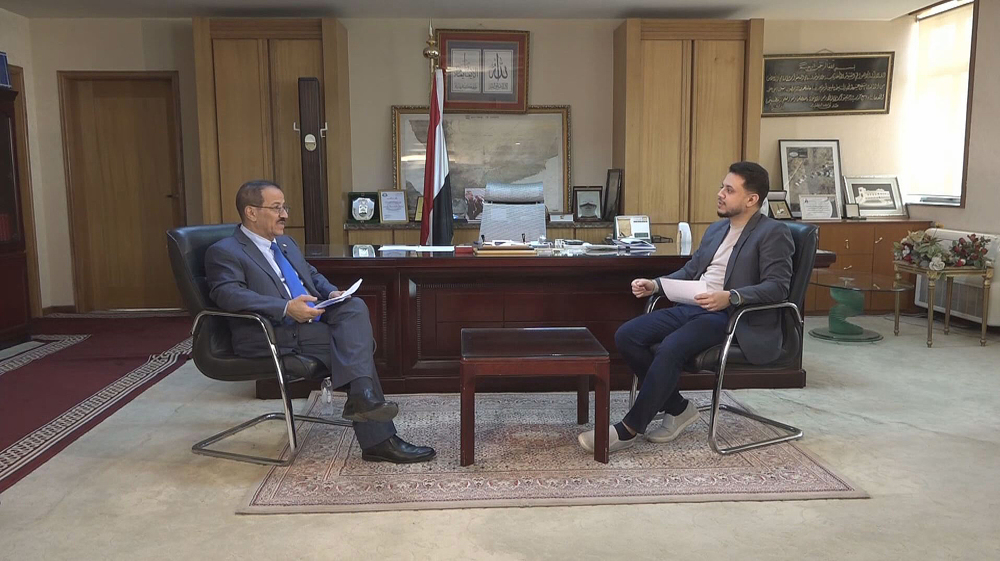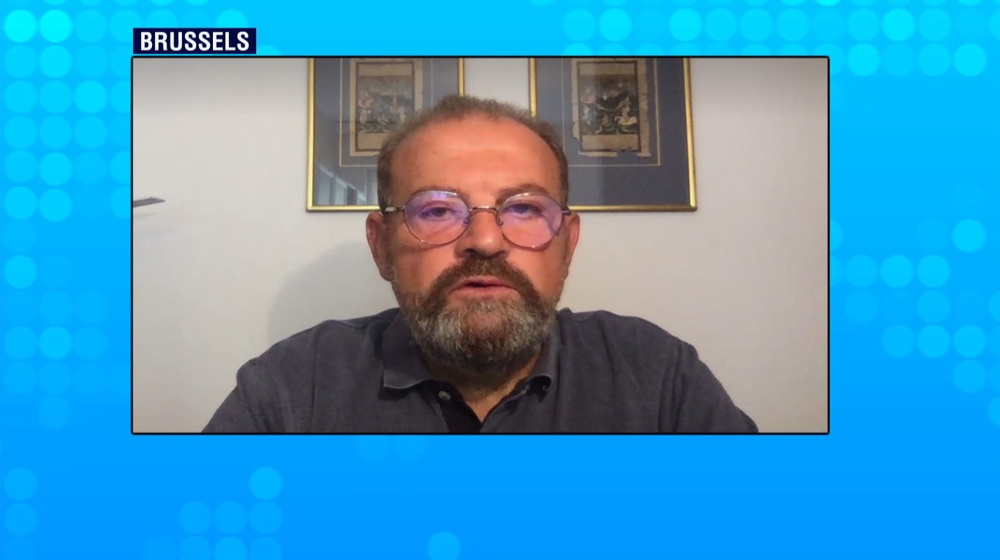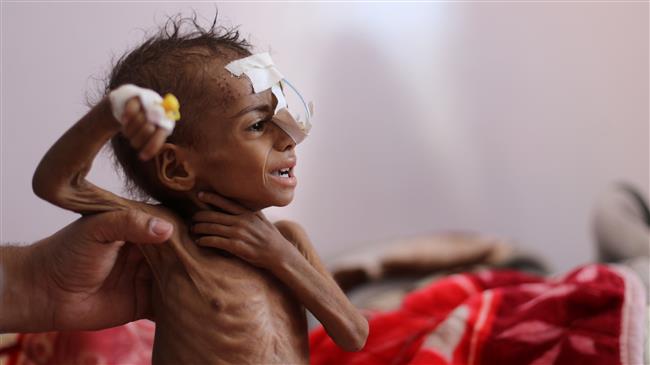US marines in Yemen to strengthen Saudi hand in war: Analyst
Press TV has conducted an interview with Derek Ford, a scholar and professor from Philadelphia, to discuss the arrival of 200 US marines in the Yemeni port city of Mukalla under the pretext of battling al-Qaeda militants in the impoverished country.
The following is a rough transcription of the interview.
Press TV: What are these people doing there? I mean these 200 US marines.
Ford: That is a good question; it has a complicated answer because on the one hand Saudi Arabia has absolutely no existential conflict with al-Qaeda. In fact there is a long detailed documented history of cooperation between the two entities of course [dating] back to the 9/11 attacks on the World Trade Towers and the Pentagon in 2001. So, the idea that Saudi Arabia has liberated this port city from al-Qaeda is somewhat absurd and also it is important to note that there wasn’t really a battle.
There were negotiations that took place and they were allowed to retreat and regroup. So, under like three dozen people died during this process and so I think that the reason why the United States is there has to do one as a sort of publicity front for popular consumption and I think it is cynical to say that but that is ultimately the reality that the United States has been under a lot of pressure to explain an account for its very close ties to the Saudi government especially with the recent push to declassify the 28 pages of the congressional inquiry on 9/11 which documents and evidences the Saudi government’s cooperation with al-Qaeda and the role in the attacks.
So I think that the United States sort of has to be seen as doing something against al-Qaeda and also in terms of the larger geopolitical context, it is perfectly in line with the United States overall agenda to have more forces in West Asia very close to North Africa.
Press TV: What can you tell us about the timing of the dispatch of these US marines over there?
Ford: Definitely it has a lot do with ongoing peace talks or because the Saudi government and the war in Yemen has been a complete and utter failure and Saudi Arabia as I think is looking for a way out and is looking for a way to strengthen it hand for any negotiated withdrawal or negotiated cessation of conflict and I think this again as a sort of PR move puts the Saudi government and its allies like the United States on something of a better footing for that and also as I said it definitely has to do with the fact that the United States has come under a lot of scrutiny for its relationship with Saudi Arabia over the last couple of weeks.
Press TV: The Saudi-led delegation participating in the peace talks in Kuwait, they were essentially claiming that the reason for their departure is that there is no progress on the ground or at least on the negotiating table, but this is at the time that a couple of days ago at least a week ago we heard the UN envoy to the Yemeni talks saying that he was quite happy and he was hailing at least some better progress being made with the negotiations going on. Now, is there anything missing here or is there any contradiction in positions and views?
Ford: I think there is a contradiction, but ultimately Saudi Arabia has over the last couple of years unleashed pretty fierce anti-Iranian agenda and has declared its intentions to not just be a sort of client state of the United States and serving the US interests in the region but to emerge as its own power and real force. So, for example that is why Saudi Arabia did not explicitly seek US approval before launching this war on Yemen, and so I think ultimately Saudi Arabia wants to continue to pursue that agenda and this conflict has been a real obstacle in that pursue and so they are trying to negotiate as best as they can to come out on top.
VIDEO | 70 Palestinians killed in Israeli strikes across Gaza Strip
US Election Day: First votes cast in New Hampshire
Nov. 4: ‘Axis of Resistance’ operations against Israeli occupation
Britons demand release of pro-Palestine activists
VIDEO | Israel's unwinnable war in Lebanon
Non-aligned nations condemn Israeli violation of Iran's sovereignty
IRGC: 10 foreign-backed terrorists killed, arrested in Sistan and Baluchestan
Iran calls on EU to end targeting ordinary Iranians after missile transfer claims refuted









 This makes it easy to access the Press TV website
This makes it easy to access the Press TV website